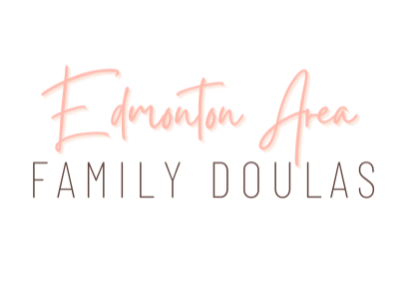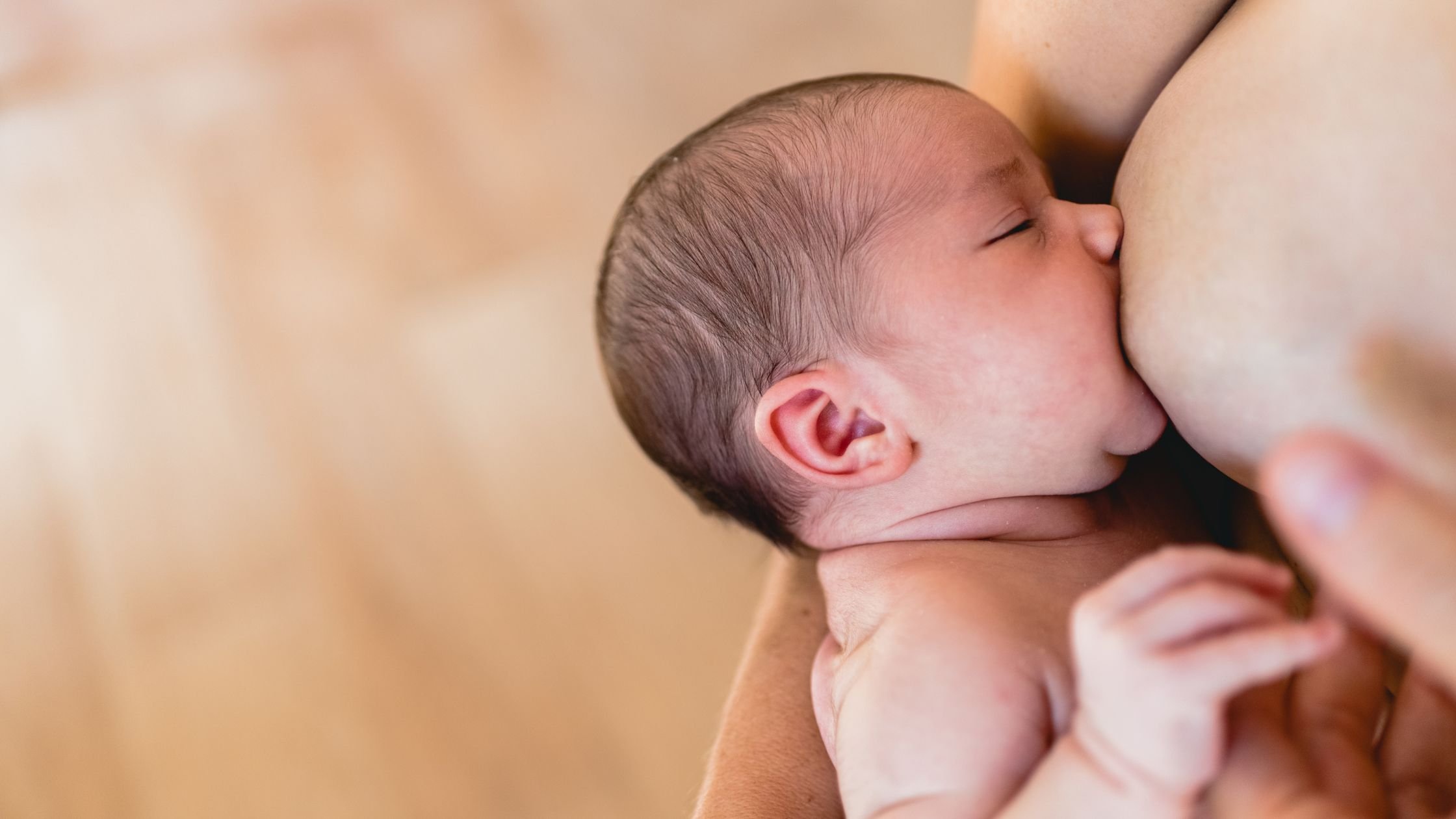Guest post by Diana Sikanja (Certified Postpartum Doula, Certified Labour Doula)
Night shifts are my favorite. I am naturally a night owl, but there is something about a quiet house at night that makes me feel at peace. Knowing my clients are getting the rest they need to be healthy and productive parents makes it so rewarding!
I often get asked if it is beneficial to have a doula provide overnight support if your baby is not bottle fed. If you need to wake every 2-4 hours to chestfeed, what is the point of having someone else there?
Well, here are some reasons to consider having a postpartum doula overnight, even if your baby has never taken a bottle in their life and you don't want them to!
1. You get to sleep more soundly between feeds.
This seems like fake news but hear me out. Most new parents are attuned to their baby's every sound. And if you have a baby, or have spent any sort of time with babies, you know that newborns can be LOUD. Ridiculously loud, in ways that make you question if they're asleep at all. And then you check. And they are indeed asleep. Naturally, this happens during the night too. If the bassinet or crib is in the same room you are sleeping in, you will undoubtedly wake up every time they make a noise, or at the very least get pulled from the deep sleep you are in. If they sleep in their nursery, you will undoubtedly wake up in a panic every once in a while, sure they were crying but they are actually not. Either way, the quality of sleep you will be getting will be decreased significantly from what you are used to. Just having someone in the house who will take the baby to a different room and will come and wake you when the baby needs to feed will give you the permission you need to relax and get the rest you need.
2. Once the feed is done, you do not have to burp the baby, do a diaper change, or put the baby back to sleep.
Sometimes the process of getting your baby back to sleep can take almost as long as the feeding itself. On average, a person who is chestfeeding will be awake for a minimum of 45 minutes every 3-4 hours, if the baby is a quick feeder and doesn't require any extensive coaxing to go back to sleep. Some parents find that they are stressed or wide awake after getting their baby back to sleep and have a hard time going back to sleep themselves. Being able to hand your baby off to a trusted individual once the feed is done can be a huge game changer.
3. You do not have to worry about being woken up by a baby who might need a diaper change or care in another way.
This one is pretty self-explanatory. If we can take care of the baby's needs, we will. You get to sleep through it!
4. You have the option of having company while chestfeeding and do not have to worry about falling asleep.
When you are waking every few hours to feed your baby, and not getting proper rest in between, there is the chance of falling asleep while doing anything that doesn't require your focus. And chestfeeding? Not a lot of focus is required. We can sit with you and chat during the feed if you feel like you need it.
5. We can help you come up with a system that works for you to make sure you get the rest you need.
One of my first clients was a lovely couple who, quite quickly after their baby was born, were both just utterly exhausted. Neither was able to get good sleep, even though they were taking turns waking up with the baby, and it wasn't really clear as to why. Each should have been sleeping for 5-6 hours at a time, so why were they both so tired?
It was only after I did a night shift with them that I truly understood why. They had set up the baby's bassinet and change table in their room for convenience, and as a result, every time the baby woke up, both parents woke up as well. If the baby didn't wake them both by simply waking up, he definitely woke them up by the time they had changed him - which they did right after he woke up and before they fed him. If their baby was fussing when they tried to put him back to sleep post-feed, the parent not on duty got woken up again.
After considering a few different options - ear plugs, moving baby to a different room, etc - they decided that what seemed to make the most sense for them was to sleep in different rooms. They had a crib already set up and an extra bed in the nursery. They still took turns getting up for alternating feeds, but when they were done with their feed, they rocked the baby to sleep, tiptoed into the other room, and dropped the baby off where their partner was sleeping.
While this arrangement might not work for everyone, having another pair of eyes to help you diagnose the root cause of such a problem and make some suggestions on changes that might work for you is invaluable. Postpartum doulas have the advantage of working with many different families and seeing countless different approaches to getting a night of good sleep with a newborn.
Regardless of how you plan to feed your baby, overnight support can help you and your partner get the rest you need.
To learn more about how our team can meet your family's unique needs, please contact us to book a consultation.
Author Diana Sikanja became a doula because she saw a noticed a gap between the way society talks about the transition to parenthood and what people around her were actually experiencing. She loves helping families prepare for birth, but believes it is equally, if not more, important to prepare for the postpartum period. Diana’s other passions include her 90+ houseplants, her dogs, and watching Pixar movies with her fiancé. She also enjoys jigsaw puzzles, cross stitch, bird watching, and being outside every chance she gets.





